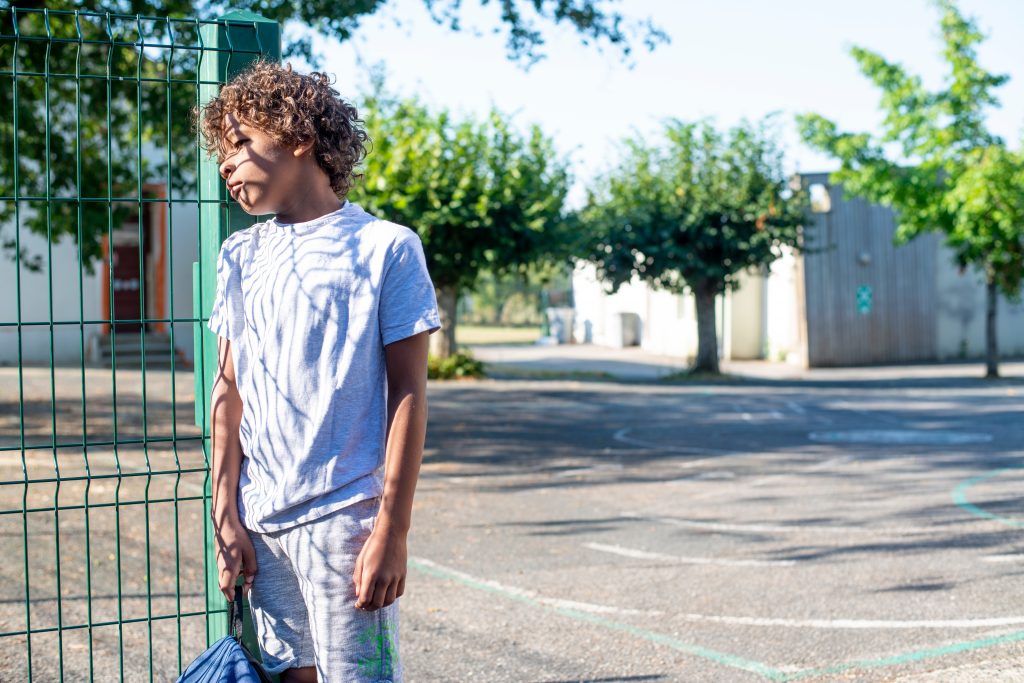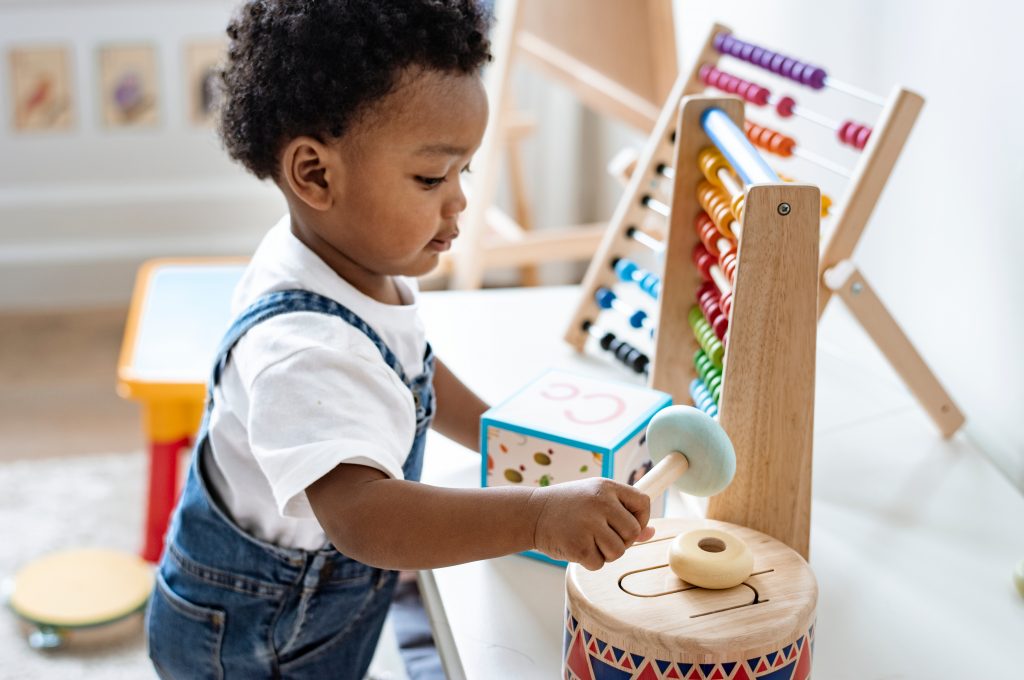It’s only human to make mistakes.
But beware, dear parents: a child will never forgive his parents for these 11 parenting mistakes.
Of course, family life with children isn’t always easy.
Parents are sometimes overwhelmed and stressed.
This leads them to make mistakes they wouldn’t normally make.
The result is regrets, and sometimes even trauma for the child.
Small mistakes should never become a habit, especially when it comes to raising children.
Children have a very good memory and will remember your behavior.
So here’s what your child will never forgive you for!
1. Silence as punishment

If you want to punish your child, you need to think of a punishment that is logical and understandable to the child.
Silence, however, is more than cruel to the child.
He doesn’t understand what it’s all about, feels rejected, isolated.
Anyone who denies their child the role of interlocutor is jeopardizing their offspring’s trust.
The child feels like air, unimportant as a person.
2. Rejecting your child and constantly entrusting him/her to others

Anyone who continues to “dump” their children on relatives and friends in order to have more free time runs the risk of permanently damaging the parent-child relationship.
In such situations, children feel rejected by their parents, left alone.
Even if their caregivers are loving and gentle, children miss parental love.
Parents are the most important reference caregivers for children right from birth.
Of course, they should be able to isolate themselves when children feel confident or mature enough.
If this decision is taken for them inevitably and (too) early, the child’s self-confidence suffers.
Parents’ unique love is irreplaceable.
3. Child neglect

Giving your child the feeling that his or her behavior doesn’t matter to you is playing with fire.
If parents don’t react to children who play truant or go wild, they’re violating their parental duties.
Children need rules and attention from their parents.
Anyone who works around the clock and spends too little conscious time with their children leaves their child feeling that it’s not important.
As a result, the child feels inferior and his or her self-esteem crumbles.
4. Blaming the child for the failed marriage

If parents only stay together because of the children, but often argue, many children blame themselves for the fact that their parents are doing badly.
This makes the children feel guilty and uncomfortable in the family, when in fact the family should be a place of trust for them.
5. Laughing at children’s fears

If parents don’t take their children’s fears seriously, if they even laugh at them, this can have devastating consequences on the child’s psyche.
The sense of humiliation associated with a lack of understanding of the child’s fears can severely limit the child’s self-esteem.
6. Throwing away the child’s favorite toy

Children are very attached to their favorite toys.
If parents throw them away without asking the child’s permission and for no good reason, the child will remember the loss forever.
7. Forcing religious beliefs

It’s a big mistake to urge a child to be a believer when they’re not comfortable with it.
If children are old enough to question their faith and choose (or not) a religion for themselves, parents need to take the child’s decision seriously.
If they don’t, the child won’t feel noticed or respected.
8. Forbidding children to give their opinion

Parents who forbid their children to speak, for example, when they express their own opinion, can prevent children from becoming adults with strong opinions.
The lack of self-confidence to represent one’s own opinion is lost or not learned at all.
Many children who have been brought up in bondage are quickly overwhelmed by situations that require their own will and action.
Children need to learn that their opinion counts.
They need to learn to discuss, to make suggestions and ideas.
9. Lack of respect for privacy

Not giving your child privacy is a lack of respect.
Parents must respect their children from an early age.
Anyone who treats his or her child disrespectfully runs the risk of the child copying this behavior and behaving disrespectfully too – towards parents as well as other people, friends and strangers.
10. Suppress feelings

If the child is angry, sad or in a bad mood, parents should respond to the child’s feelings and talk to him or her about them.
If parents expect their children to be in a good mood – for example, because visitors are arriving – it will be difficult for the child to become aware of negative feelings.
From an early age, children need to learn that there is a range of different feelings, and that they are all justified.
11. No recognition of achievements

Children naturally seek their parents’ approval.
If parents ignore this or never say “I’m proud of you”, the child can suffer negative consequences.
They may work themselves to exhaustion for the rest of their lives.
Or they give up trying, no longer seeing the point of doing well, of pursuing their goals.
Both have serious consequences for the child’s life.
Finally, no parent wants to see their child suffer on purpose, so these 11 parenting mistakes should be avoided at all costs.

